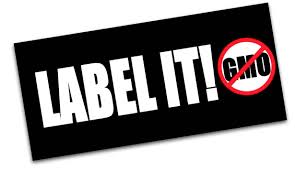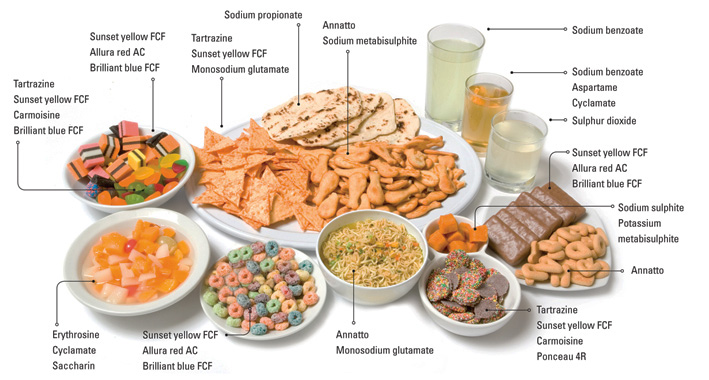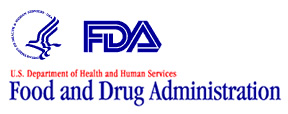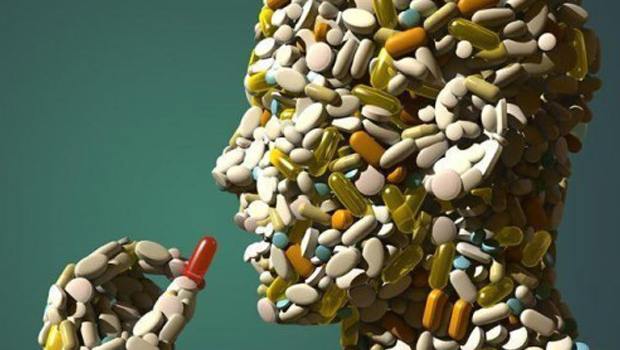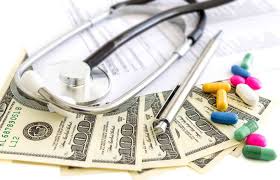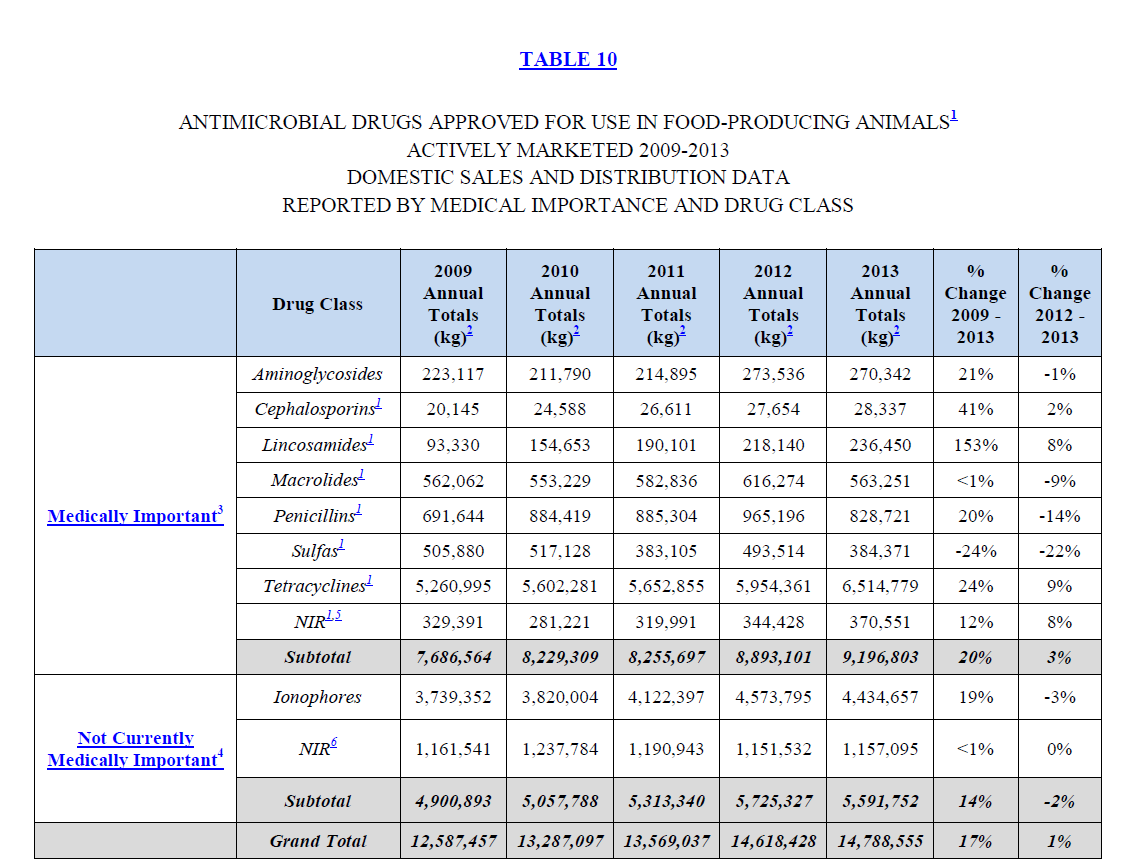Food and biotechnology companies spent $63.6 million in 2014 alone to oppose mandatory labeling of genetically modified food ingredients, or GMOs, according to a new analysis by EWG. According to the report, industry lobbying expenditures to defeat labeling – reported on federal disclosure forms that listed GMO labeling as well as related policy issues – nearly tripled compared to 2013 as the industry tried to …
Is genetically engineered food a fraud? – Simon Worrall
* Claims author: It’s the biggest fraud in the history of science and not the answer to feeding the world An estimated 85 percent of all food consumed in the United States now contains genetically modified organisms (GMOs)—from the cereal you feed your children to the milk you put in your coffee to the sweet corn you chomp on in …
FDA Database: 93% of Food Additives Aren’t Properly Studied – Barbara Minton
If the mandate of the FDA includes protecting public health by assuring the safety of the food supply, why is the organization allowing a staggering amount of additives to adulterate our food? Many of these additives have dire consequences to the health this agency is supposed to protect. Since the advent of commercially processed foods in the 1950’s, many non-food …
Why the FDA doesn’t really know what’s in your food – Erin Quinn and Chris Young
A massive legal loophole means companies can add new ingredients to foods with no government safety review. Rebecca Fattell was enjoying breakfast at a hotel in Berlin last summer when, after a few bites of a roll, her mouth started to itch, her gums started to hurt and before long, hives covered her skin. “My face, trunk, arms, legs,” Fattell …
One-Third of Seniors with Dementia Are Being Given Antipsychotics
—even though such toxic drugs are not approved to treat dementia! A report [1] from the Government Accountability Office (GAO) found that nearly one-third of older adults with dementia who spent more than 100 days in a nursing home were given antipsychotics through Medicare’s prescription drug program in 2012. We previously reported that a similar situation exists with brain-damaged veterans [2]—and even with infants and young …
The medical cartel: too big to fail, too evil to expose – Jon Rappoport
There are several reasons why the medical cartel is too big to fail: the enormous amount of money at stake; its aim to control populations. In this article, I want to examine a related reason. Suppose it was discovered that thousands of bridges around the US were in imminent danger of collapsing? Not because maintenance and repair were lacking, not …
Does ADHD Exist? – Edward F. Group
Did you catch my entry about 6 toxic causes of Attention Deficit Hyperactivity Disorder (ADHD)? In it, I mentioned that I’d look at the other side of the argument. Is this a true neurological disorder that needs life-long medical treatment, or is the ADHD diagnosis simply an overgeneralization of a underlying condition? So, let’s get down to what those folks believe: does …
Antibiotic use in livestock going up, up, up – Avinash Kar
This morning, the U.S. Food and Drug Administration (FDA) released the latest report on sales of antibiotics for livestock use, that is, for use in meat and poultry production in 2013. The news follows the trends of the last few years, showing yet another increase in the numbers. Some lowlights: Livestock antibiotic sales have gone up from about 16,115 tons in 2012 to a …
Christine Sarich – Hormone Disrupting Chemical Banned in EU Found in 50 Top US Snacks
A recent study by Harvard School of Public Health says a widely used chemical used in US food products causes fertility issues, yet it is still allowed to be used. While the US Food and Drug Administration declares this synthetic food additive is “generally recognized as safe, or GRAS,” the European Union’s food regulators outlawed it ever since scientists found it lowered sperm counts …
Big Pharma’s exorbitant cancer drug prices are due to corrupt monopolies, not development costs, study shows
Authors of a new report published online in Mayo Clinic Proceedings say that dramatically higher prices for cancer medications are beginning to have a negative effect on patient care in the U.S., as well as the American health care system overall. “Americans with cancer pay 50 percent to 100 percent more for the same patented drug than patients in other …

